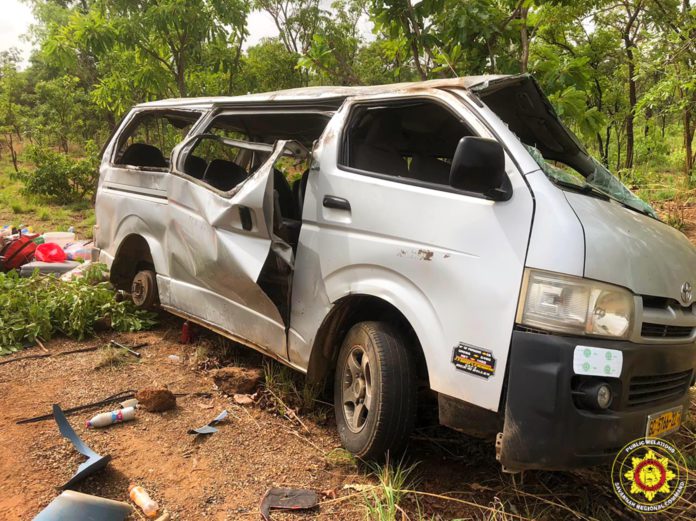Children are dying in road crashes, and most of these deaths could have been avoided if child restraint systems were in place.
Child restraint systems are designed to protect children during vehicle transport and include car seats, booster seats, and other types of safety seats specifically tailored for children based on their age, weight, and height.
These systems ensure that children are securely fastened and properly positioned to minimise the risk of injury in the event of a collision.
According to the World Health Organisation (WHO), road crash accidents are the leading killer of children worldwide.
The situation in Ghana is no different. Statistics from 2022 reveal that 341 children were killed, representing 13.7% of total crash deaths in the country.
Road traffic fatalities from January to March this year among people aged 18 and below stand at 58, representing 10% of road traffic fatalities. The age group with the highest fatalities is 0-3 years.
As in many other countries, Ghana has laws related to child restraint systems, their application, and usage. However, some loopholes have been identified, where certain regulations contradict the main act.
For this reason, the LADA Institute, a human interest organization, is advocating for legislators to amend the law to better protect the lives of children in vehicles.
In a meeting with selected Members of Parliament (MPs), the Director-General of the National Road Safety Authority, members of the LADA Institute, and other stakeholders on Wednesday, June 26, the identified gaps in the laws were presented, and recommendations were made to bridge these gaps.
During the meeting, the West African Director of CUTS International, Appiah Kusi Adomako, said road safety does not receive the attention it deserves.
He believes that matters of road safety are not discussed as frequently or as seriously as they should be.
On his part, the Director in-charge of Research, Monitoring, and Evaluation at the NRSA, Martin Owusu Afram, emphasised that the government should invest more in better roads, signage, and lighting.
He added that there must be strict enforcement of road rules, especially as mobility increases during election years.
In their presentation, the LADA Institute made a strong case for legislative strengthening of mandatory vehicle restraint usage for children in Ghana.
Additionally, the MPs noted that they were ready for change, although they admitted it would take time due to the necessary processes.
They believe that the first and most important step is to enforce the existing laws while working on amending them.
MORE:

